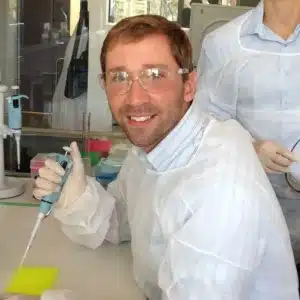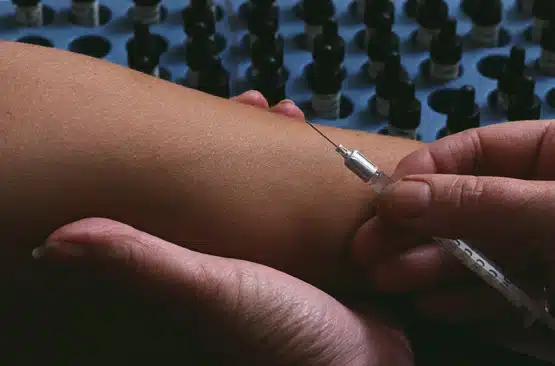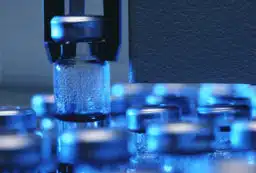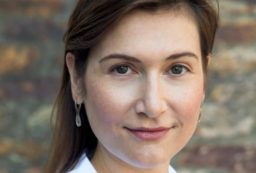
The exercise improves the expression of genes that are important for blood-pressure regulation and reducing cellular and molecular damage to the kidneys.
“High-intensity exercise improved health on various levels, ranging all the way from genetic to clinical,” says Patrick Tucker of Central Queensland University.
“For example, I found that this intense exercise improved expression of the gene Agt, which helps to reduce blood pressure,” Patrick explains. “It also improves other clinical markers such as total cholesterol and kidney-weight to body-weight ratios, not only compared with sedentary behaviour, but also when compared with low-intensity exercise.
Patrick’s hopes his research will help better describe the molecular and cellular underpinnings of chronic kidney disease. He hopes to persuade healthcare professionals to prescribe high-intensity exercise, leading to improved outcomes in patients suffering this this widespread condition.
Chronic kidney disease is a progressive, irreversible condition characterised by declining kidney function and reduced life expectancy, and can often require life-long dialysis treatment.
And kidney disease is on the rise. The prevalence of the disease is expected to increase by almost a third before the end of this decade – increasing significantly faster than cardiovascular disease, which is currently the most expensive disease group in Australia.
“My research also highlights the financial impact of chronic kidney disease in Australia,” says Patrick, who shows Australia already spends $1.3 billion each year on treatment of kidney disease, and that cost is expected to increase by 37 per cent by 2020.
Patrick presented his research at Fresh Science North Queensland 2015.
Fresh Science is a national program that helps early-career researchers find and share their stories of discovery. Almost 180 early-career researchers nominated for Fresh Science 2015, and this was the first year it was held in Townsville. Fresh Science North Queensland was held at James Cook University (training) and Molly Malone’s hotel (public challenge event).
Fresh Science North Queensland was supported by James Cook University and the Australian Institute of Marine Science.
Contact: Patrick Tucker, Central Queensland University, 0412 233 513, p.tucker@cqu.edu.au





 Fresh Science is on hold for 2022. We will be back in 2023.
Fresh Science is on hold for 2022. We will be back in 2023.